Saturday night, hundreds, maybe thousands of people lived their last minutes on Earth. A 7.8 earthquake struck the coast of Ecuador, a small country in South America, known for its volcanoes, the Amazon jungle, and the Galapagos Islands. The earthquake lasted 50 seconds, and has destroyed entire towns. Now, more than 16,600 people are injured, more than 600 are dead (the numbers keep rising), more than 26,000 have no homes, and countless are missing.
Here are 8 reasons we should consider helping them:
1. They have no homes.
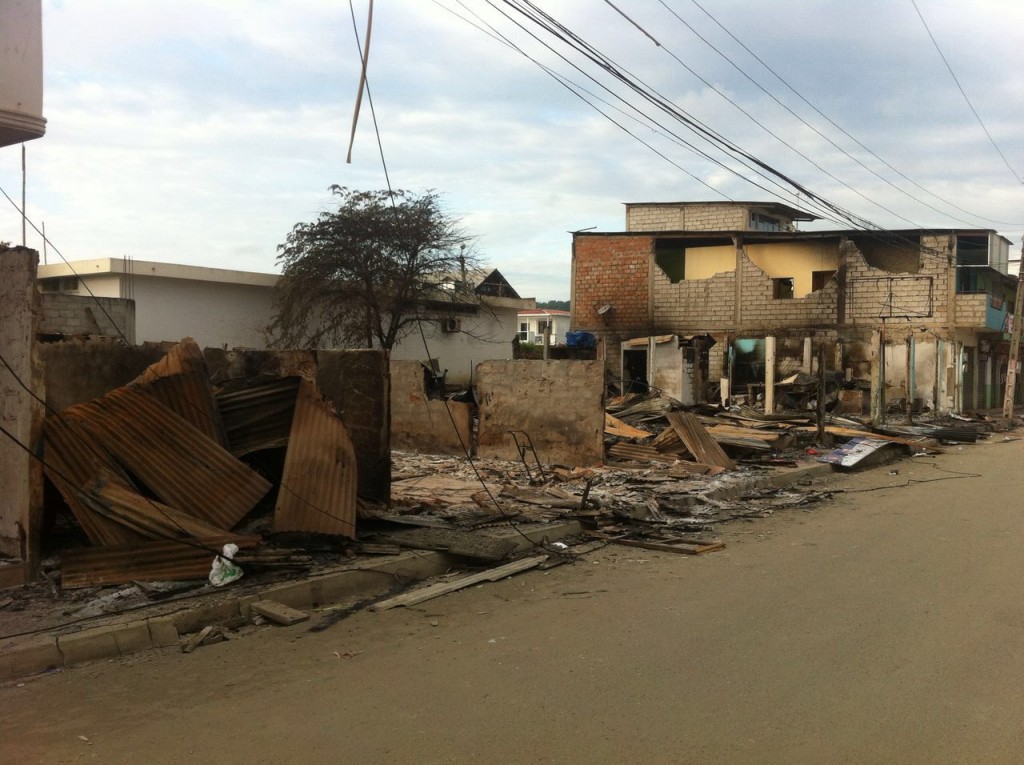
Photo by Esteban Ramirez
Thousands of people lost their homes. They are now on the streets, and have nowhere to stay.
2. They have no food or clothes.
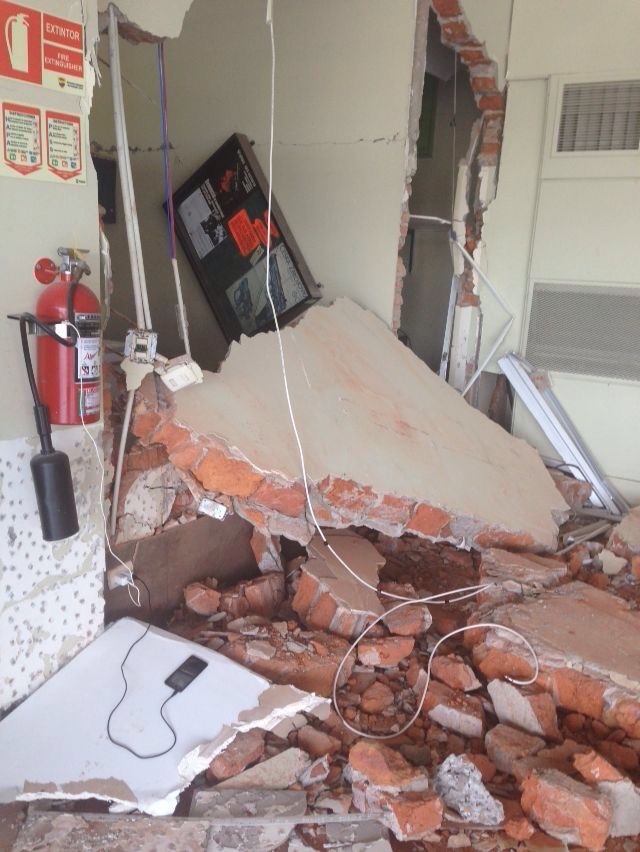
Photo by Jaime Arteaga
Imagine if your apartment got completely destroyed, and suddenly your closet is underneath tons of debris…
3. Rescuers need food and water.
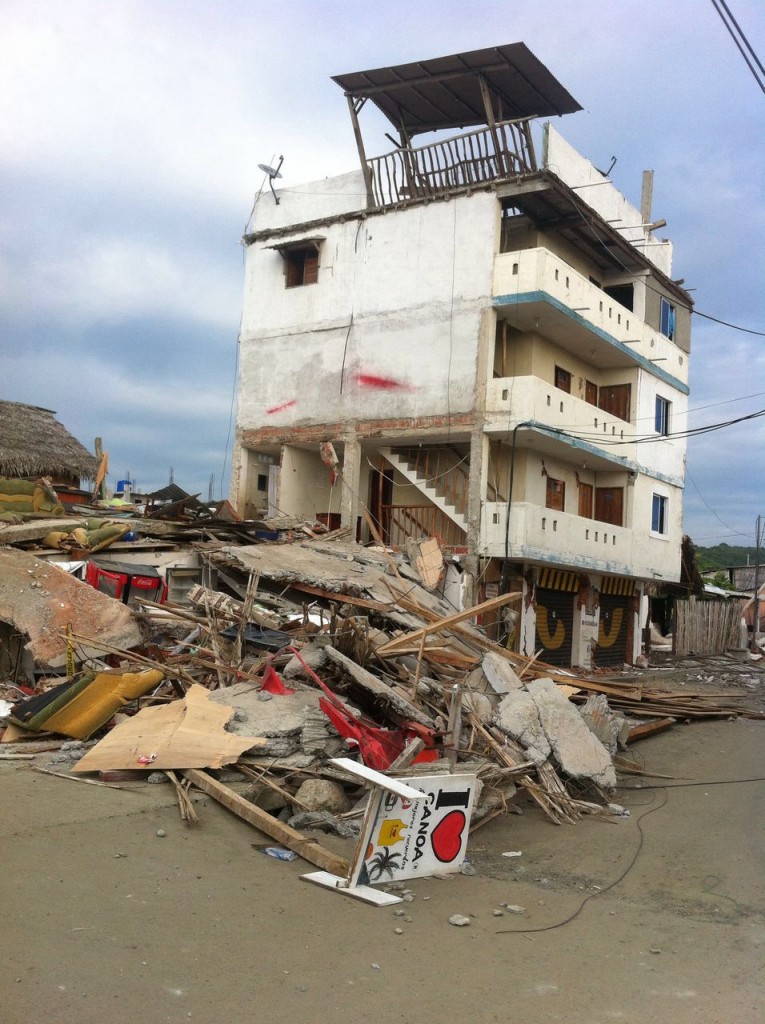
Photo by Esteban Ramirez
The donations we send will help the victims and even the rescuers, many of whom have not eaten for days now either.
4. Children are begging for water.
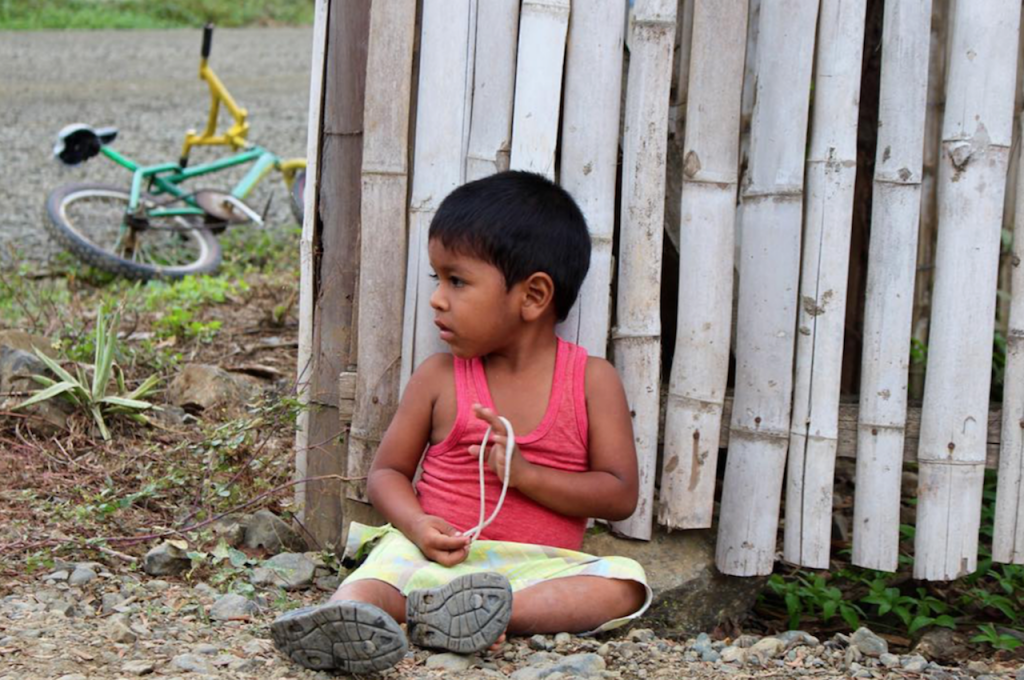
Photo by Anna Arteaga
So far, the bigger cities such as Manta and Pedernales have been receiving the first donations. But in smaller towns, such as Jama, children run after any aircraft they see, pleading for water.
5. We are the ones who can make a difference.
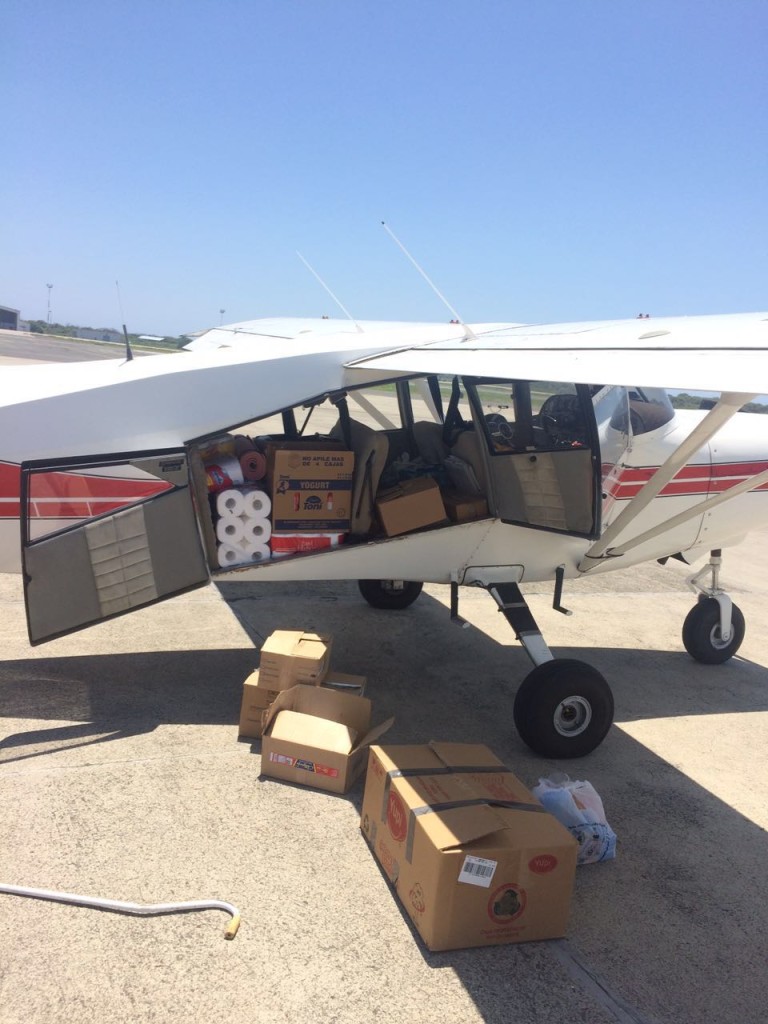
Photo by Jaime Arteaga
It is up to us to make a difference. We can help save lives, help provide food, shelter, medicine, linens, clothes, shoes and fresh water to those who have lost their family, friends and homes.
6. You will feel good knowing you helped someone in need.
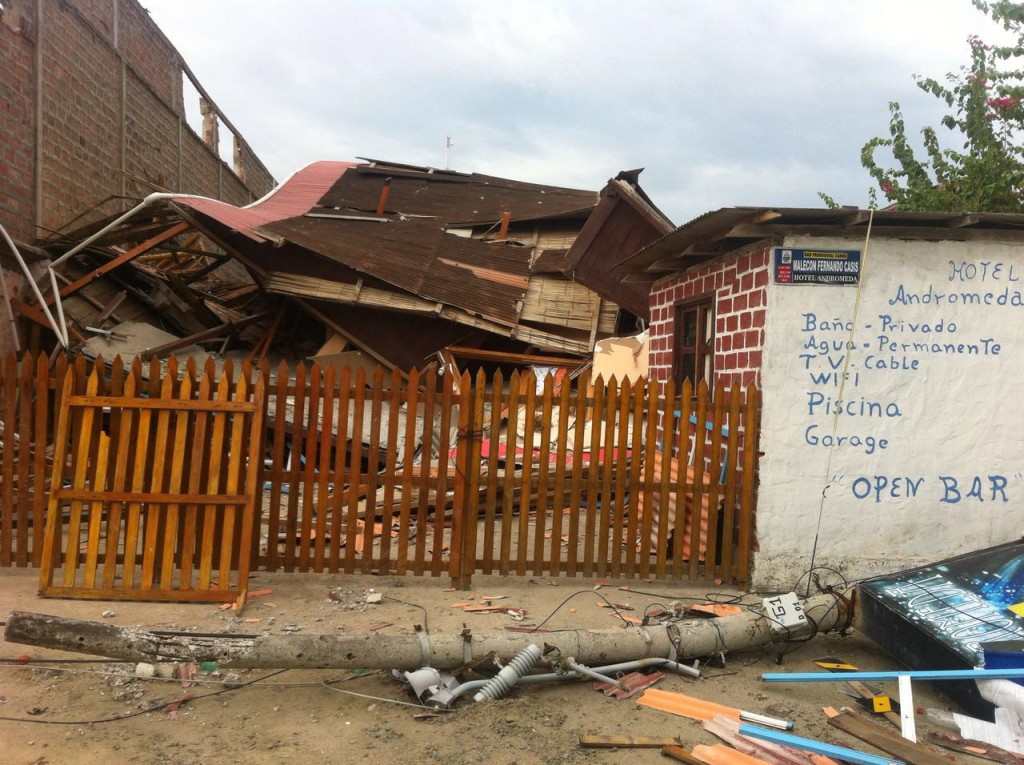
Photo by Esteban Ramirez
You will be helping thousands of the affected people on the coast of Ecuador, who now desperately look underneath rubble and debris for any remaining food or provisions they can use until help gets to them.
7. The affected region of Ecuador looks like a warzone.
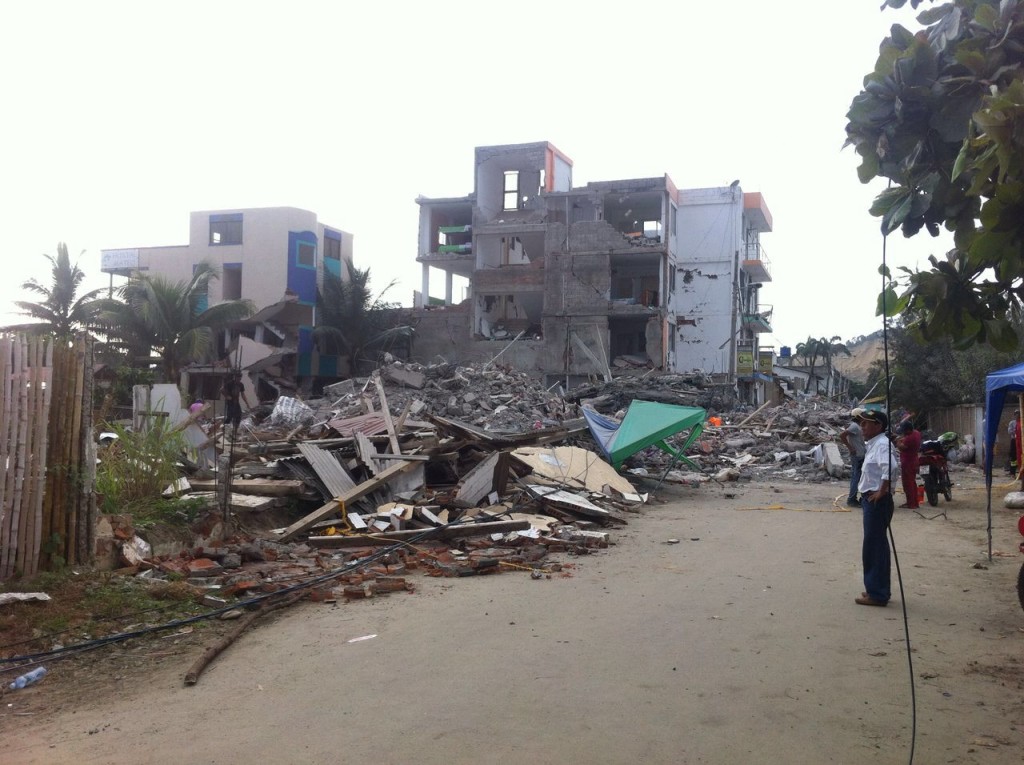
Photo by Esteban Ramirez
Other towns, like el Matal, already smell of rotting corpses.
8. We need to show people not to lose hope.
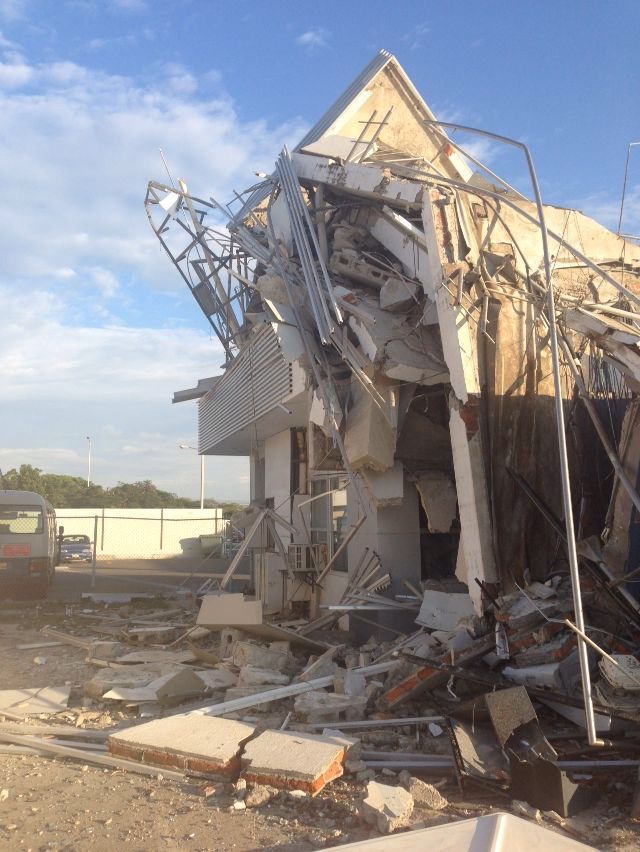
Photo by Anna Arteaga
Finally, we can’t lose hope. Read how this California couple survived the earthquake in Ecuador and described it as stronger than anything they’ve felt in Bay Area.
If you are really motivated to help out now, you can donate here, through UNICEF, and here through the Red Cross. Find out if your university is collecting donations too!


